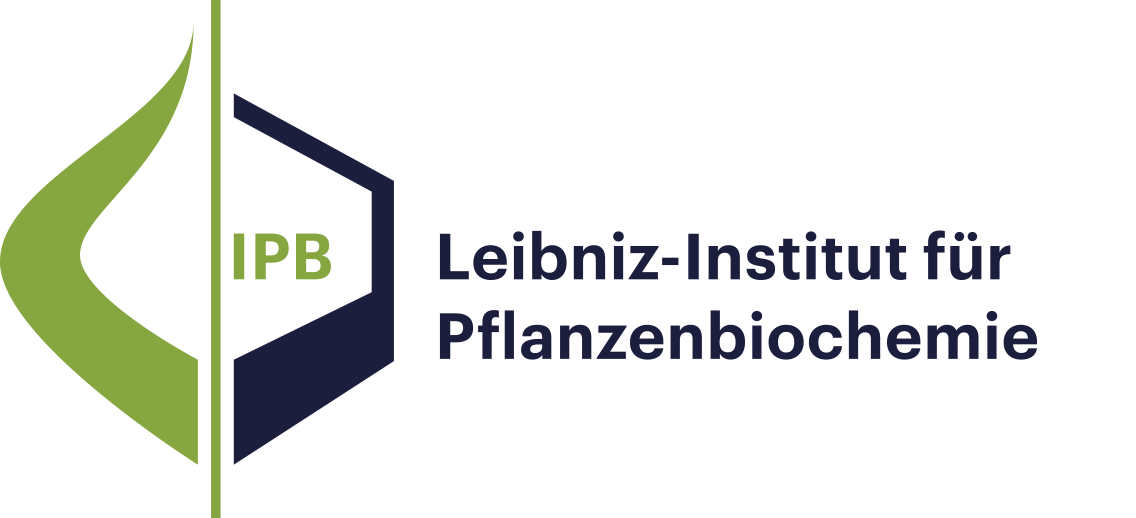- Ergebnisse als:
- Druckansicht
- Endnote (RIS)
- BibTeX
- Tabelle: CSV | HTML
Publikation
Publikation
Publikation
Leitbild und Forschungsprofil
Molekulare Signalverarbeitung
Natur- und Wirkstoffchemie
Biochemie pflanzlicher Interaktionen
Stoffwechsel- und Zellbiologie
Unabhängige Nachwuchsgruppen
Program Center MetaCom
Publikationen
Gute Wissenschaftliche Praxis
Forschungsförderung
Netzwerke und Verbundprojekte
Symposien und Kolloquien
Alumni-Forschungsgruppen
Publikationen
Publikation
Glycation can be defined as an array of non-enzymatic post-translational modifications of proteins formed by their interaction with reducing carbohydrates and carbonyl products of their degradation. Initial steps of this process rely on reducing sugars and result in the formation of early glycation products—Amadori and Heyns compounds via Schiff base intermediates, whereas their oxidative degradation or reactions of proteins with α-dicarbonyl compounds yield a heterogeneous group of advanced glycation end products (AGEs). These compounds accompany thermal processing of protein-containing foods and are known to impact on ageing, pathogenesis of diabetes mellitus and Alzheimer’s disease in mammals. Surprisingly, despite high tissue carbohydrate contents, glycation of plant proteins was addressed only recently and its physiological role in plants is still not understood. Therefore, here we summarize and critically discuss the first steps done in the field of plant protein glycation during the last decade. We consider the main features of plant glycated proteome and discuss them in the context of characteristic metabolic background. Further, we address the possible role of protein glycation in plants and consider its probable contribution to protein degradation, methylglyoxal and sugar signalling, as well as interplay with antioxidant defense.
Publikation
During the whole history of their life on Earth, higher plants evolved under the constant gravity stimulus. Therefore, plants developed efficient mechanisms of gravity perception, underlying their ability to adjust the direction of growth to the gravity vector, i.e. the phenomenon of gravitropism. In this context, alterations in the magnitude and vector of the gravity field might compromise plant growth and development. This aspect was successfully addressed in gravity fields of low intensity (microgravity). On the other hand, microgravity can be simulated on the Earth by clinorotation, i.e. rotation of the experimental plant along one or several axes. This approach is routinely used for studies of gravity-related responses of crop plants, although the effect of simulated microgravity on the most sensitive ontogenetic stages — germination and seedling development — is still not sufficiently characterized. Recently, we addressed the effects of clinorotation on the proteome of germinating oilseed rape (Brassica napus) seeds. Here we extend this study to the seedling primary metabolome and address its changes in the presence of 3D-clinorotation. GC-MS analysis revealed essential alterations in patterns of sugars and sugar phosphates (specifically glucose-6-phosphate), methionine and glycerol. Thereby, abundances of individual metabolites showed high dispersion, indicating high lability and plasticity of the seedling metabolome.
Publikation
Seeds represent the major source of food protein, impacting on both human nutrition and animal feeding. Therefore, seed quality needs to be appropriately addressed in the context of viability and food safety. Indeed, long-term and inappropriate storage of seeds might result in enhancement of protein glycation, which might affect their quality and longevity. Glycation of seed proteins can be probed by exhaustive acid hydrolysis and quantification of the glycation adduct Nɛ-(carboxymethyl)lysine (CML) by liquid chromatography-mass spectrometry (LC-MS). This approach, however, does not allow analysis of thermally and chemically labile glycation adducts, like glyoxal-, methylglyoxal- and 3-deoxyglucosone-derived hydroimidazolones. Although enzymatic hydrolysis might be a good solution in this context, it requires aqueous conditions, which cannot ensure reconstitution of seed protein isolates. Because of this, the complete profiles of seed advanced glycation end products (AGEs) are not characterized so far. Therefore, here we propose the approach, giving access to quantitative solubilization of seed proteins in presence of sodium dodecyl sulfate (SDS) and their quantitative enzymatic hydrolysis prior to removal of SDS by reversed phase solid phase extraction (RP-SPE). Using methylglyoxal-derived hydroimidazolone 1 (MG-H1) as a case example, we demonstrate the applicability of this method for reliable and sensitive LC-MS-based quantification of chemically labile AGEs and its compatibility with bioassays.

